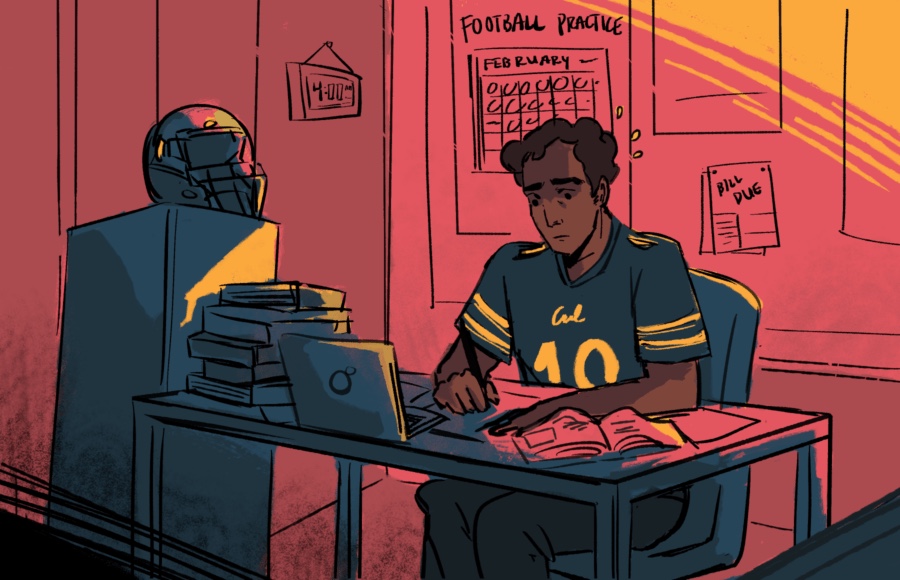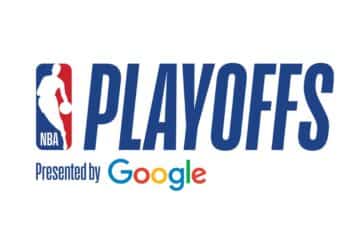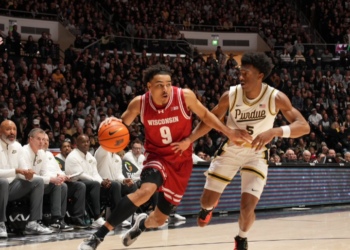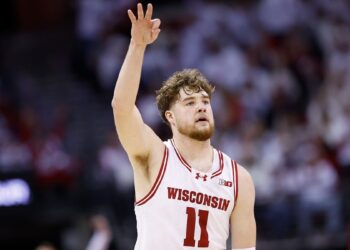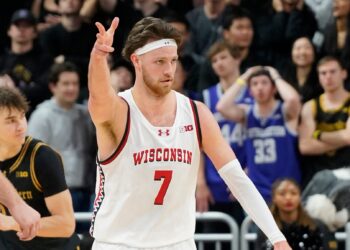By: Zachary Draves
The state of California took the extraordinary step by passing the Fair Pay to Play Act that would guard student-athletes the right to benefit financially from the use of their likeness in advertisements, marketing, and endorsements.
This law is the first of its kind in the country and has reignited an ongoing debate about compensation for student athletes.
No matter what side of the argument you fall on, there is no question that college sports is a big business that enriches the universities, coaches, endowment funds, TV networks, and corporate entities and exploits the athletes who generate the paper.
For the fiscal year of 2018, the NCAA generated $1.1 billion in revenue.
Everyone gets a piece of the pie, except the athletes who are not even left with crumbs.
While the economic consequences are certainly in your face, one cannot overlook the racial component of the issue.
The fact is that the overwhelming majority of the coaches, administrators, athletic directors, and NCAA officials are white and the overwhelming majority of the players in the revenue juggernaut sports of basketball and football are black.
The comparisons have been made over the years, arguing that college athletics is operating like a plantation during slavery.
However far-fetched or outrageous some might say that claim is, the system as it has been set up can be seen as plantation like model where those who do all the labor get nothing in return and the ruling class soaks it all in.
This law was endorsed by many including LeBron James, who has spoken openly about the shady practices of the NCAA and you could argue was justified to go straight from high school to the NBA in 2003 given the economic insecurity he and his mother were experiencing in Akron, Ohio.
A college career would have made things more difficult for him and his family.
The response to the laws’ passage has been overwhelmingly positive by many high profile athletes.
Golden State Warriors star Draymond Green during a press conference slammed the NCAA, praised the passage of the bill, and offered a strong principle critique of the status quo.
“It’s backward. Someone needs to force this dictatorship to change. Because that’s exactly what it is. It’s no different than any country that’s run by dictators. The NCAA is a dictatorship.” said Green.

(Courtesy: ESPN)
San Francisco 49ers cornerback Richard Sherman, who has been an outspoken critic of the NCAA, also praised the signing of the bill.
“I hope it destroys the NCAA because I think it’s corrupt and it’s a bunch of people taking advantage of kids and doing it under a mask of fair play,” Sherman said, per the San Jose Mercury News.
“It’s going to cripple the NCAA in a way where they start to bend, make it more fair and more of a symbiotic relationship between players and the NCAA, or it’s going to destroy them in general and start a whole new way of college athletics in general, and I can respect that, too.”
To top it off, the signing of the bill was hosted on LeBron’s hit HBO show The Shop, with California’s Governor Gavin Newsom doing the honors.

(Courtesy: Uninterrupted, HBO)
Also present was LeBron’s team of Maverick Carter, Rich Paul whom the recently overturned rule by the NCAA requiring agents to have a Bachelor’s Degree to work with student athletes was named after.
In addition, WNBA legend Diana Taurasi and UCLA gymnast Katelyn Oshahi showed up to offer their support on the show and share their experiences.
Then, there was Ed O’Bannon, the former UCLA basketball star who has been at the forefront of the movement for the rights of student athletes.
He successfully defeated EA Sports in a lawsuit for the use of his likeness in a video game and also triumphed over the NCAA for prohibiting student athletes from benefiting financially for the use of their likeness.
The signing of the Fair Pay to Pay Act has already led legislators in states such as New York and Illinois to introduce similar bills.
Only time will tell, but one thing is for certain is that slowly but surely, the NCAA can longer mask itself as an entity of “amateurism,” and they cannot get away with exploitation anymore.
If anything, this is an effort to benefit college athletics in the long run, because there will be an equal balance of power on the part of the athletes and the universities.
This is the first step to student athletes being compensated, actually getting an education and additional rights that workers are entitled too.
This is the dawning of a new day and there is no going back.


 NFL
NFL